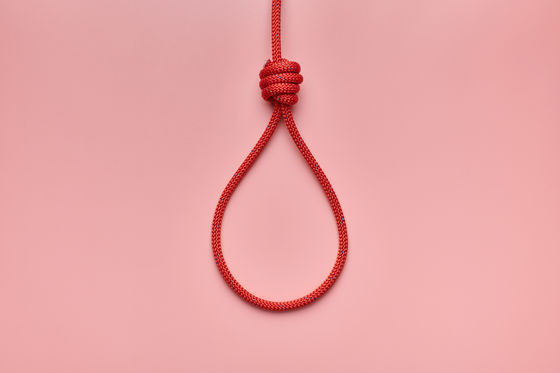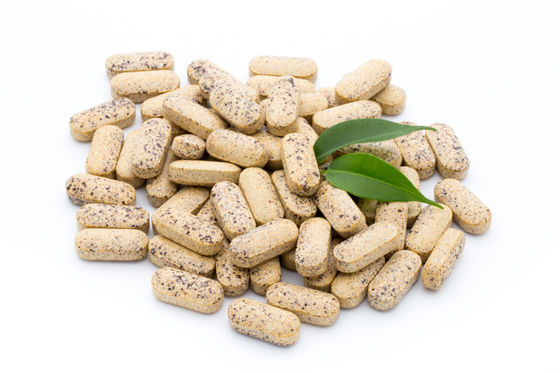Research results that suicide and self-harm are halved with 'folic acid' supplements

In Japan, suicide is the top cause of death among people aged 15 to 39, and it is
Association Between Folic Acid Prescription Fills and Suicide Attempts and Intentional Self-harm Among Privately Insured US Adults | Nutrition | JAMA Psychiatry | JAMA Network
https://doi.org/10.1001/jamapsychiatry.2022.2990
Study finds folic acid treatment is associated with decreased risk of suicide attempts | Biological Sciences Division | The University of Chicago
https://biologicalsciences.uchicago.edu/news/features/folic-acid-reduces-suicide-attempts
A research team led by Robert D. Gibbons, who studies public health at the University of Chicago, published a paper in September 2022 in JAMA Psychiatry, a peer-reviewed medical journal published by the American Medical Association. It was announced that people who took folic acid, a type of B, had half the risk of 'suicide-related events' such as suicide attempts and self-harm.

Gibbons and others focused on folic acid in another
However, it is not clear from this study alone whether folic acid actually reduces the risk of suicide. Because many people take multiple drugs at the same time, the same drug often works differently when taken alone than when used with other drugs. Also, although the two factors may appear to be related, they may actually be related to other factors, such as socioeconomic status or health concerns, or to different drugs being prescribed at the same time. sometimes.
Therefore, the research team of Mr. Gibbons et al. In this analysis, instead of comparing `` people who were prescribed folic acid and those who were not prescribed '', by comparing `` before and after folic acid was prescribed '', The effects of suicide risk and non-folic acid factors were excluded as much as possible.

The research team examined folic acid prescription data for 866,586 people registered in the medical insurance database between 2012 and 2017. There were 261 suicide-related events in the 8,432,340 person-months in which folic acid was not prescribed, with an incidence of 4.73 per 100,000 person-months, compared with 895 suicide-related events in the 8,432,340 person-months The incidence of suicide-related events was 10.61 per 100,000 person-months, and there was a difference of about twice the incidence of suicide-related events between cases where folic acid was prescribed and cases where folic acid was not prescribed.
When factors such as age, gender, and diagnosis of folic acid deficiency were factored into the analysis, the
The research team is examining two possibilities to see if folic acid really reduces the risk of suicide. The first is ``the possibility that pregnancy, not folic acid, is leading to a decrease in suicide''. According to the research team, pregnant women tend to have a lower risk of suicide, and pregnant people are often recommended to take folic acid or prescribed folic acid. However, restricting the analysis to men did not significantly change the results.

In addition, as a second possibility, we also verified the hypothesis that 'because of the improvement in health with another vitamin, we eventually stopped thinking about committing suicide.' However, when the same analysis was performed with vitamin B12, which was included in the aforementioned database, no effect on suicide risk was seen, unlike folic acid.
``Folic acid has no side effects, costs nothing, and is available without a prescription,'' Gibbons said. talked. In the future, the research team of Mr. Gibbons and others plans to conduct a large-scale randomized controlled trial to further investigate whether folic acid reduces the risk of suicide.
Related Posts:







